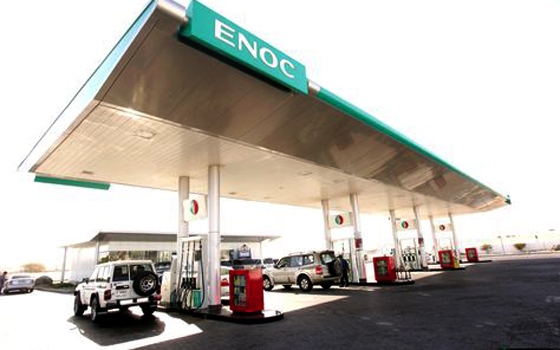Oman and neighboring Gulf states must move towards curtailing energy consumption drastically, reduce subsidies and boost efficiencies to keep the region’s rapidly rising oil and gas demand in check, the sultanate’s top energy official said.
“We must drastically reduce our consumption, not only in Oman but in the region as a whole,” Oman’s Minister of Oil and Gas Dr. Mohammed Hamad Al-Rumhy said.
Today, the six Gulf Cooperation Council (GCC) states consume more primary energy than the whole of Africa even though their population is only one-twentieth the size of the continent’s, according to Chatham House’s Saving Oil and Gas in the Gulf report published in August. Heavily-subsidized energy has fuelled consumption growth in the region in recent years and led to rising energy subsidy bills for governments. According to International Monetary Fund estimates, energy subsidy costs in GCC countries ranged from 9-28% of government revenues in 2011.
“Subsidy is killing us. We should preserve energy on a daily level and use it wisely, which we’re not doing. We can do so much ourselves. We don’t need to start any nuclear, coal, bio-fuel activities in Oman,” the minister said. He added that there wasn’t much need for the sultanate to pursue renewable energy projects at present as “there is enough gas in the world.”
Abdulla Bin Hamad Al-Attiyah, President of Qatar’s Administrative Control & Transparency Authority and the country’s former oil minister, said in an interview that GCC states need to make a collective effort to curtail energy subsidies or be faced with drastic consequences.
“This is not a single country issue but a GCC problem. The region needs to move quickly to find a solution,” he said.
The emergence of Gulf states as major energy consumers has fuelled concerns over their ability to maintain oil export capacity. Domestic oil consumption among Organization of Petroleum Exporting Countries (OPEC) members has increased seven‐fold in 40 years, to 8.5 million bpd. They consume almost as much oil as China, which is equivalent to one-fourth of their production.
According to OPEC Secretary General Abdalla Salem El-Badri, the organization should be able to produce an additional 6 million barrels per day (bpd) of crude by 2018. The increase would make up for declining output elsewhere, in particular in the U.S. where tight oil output is expected to start declining that year, El Badri said. OPEC output stood at 30.05 million bpd in September, down 400,000 bpd versus August levels.
Middle East Online
21 October








































































